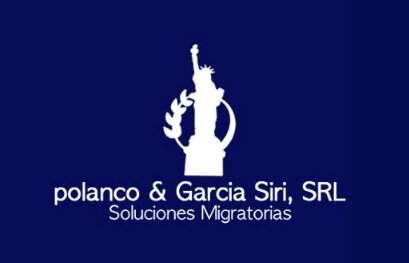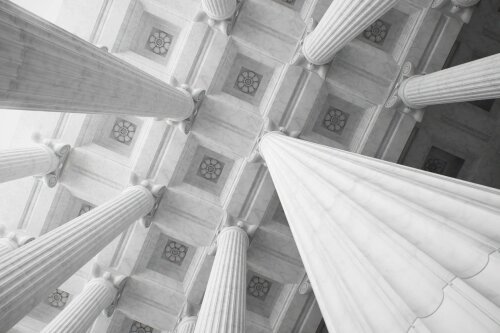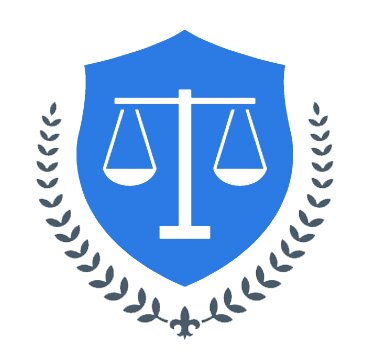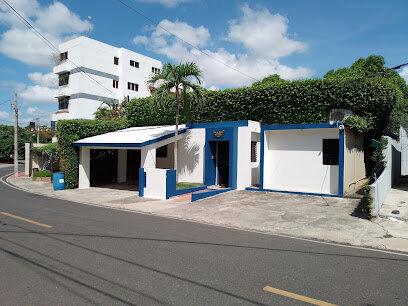Best Faith-Based Law Lawyers in Santiago de los Caballeros
Share your needs with us, get contacted by law firms.
Free. Takes 2 min.
List of the best lawyers in Santiago de los Caballeros, Dominican Republic
About Faith-Based Law in Santiago de los Caballeros, Dominican Republic
Faith-Based Law in Santiago de los Caballeros refers to the intersection of religious principles and legal standards as recognized under Dominican law. While the Dominican Republic is constitutionally a secular state, faith-based organizations and individuals practicing various religions often encounter legal matters related to their beliefs, religious institutions, and practices. Issues may arise from the formation and operation of religious entities, marriage and family law influenced by religious doctrine, employment within religious organizations, and matters concerning religious expression. In Santiago de los Caballeros, a vibrant city with diverse religious traditions, understanding how local laws interact with faith-based activities is important for both religious leaders and followers.
Why You May Need a Lawyer
Seeking legal help in the field of Faith-Based Law in Santiago de los Caballeros may become necessary in several situations. Common scenarios include establishing or registering a religious organization, navigating property ownership for places of worship, addressing disputes between religious entities and third parties, and protecting the rights of religious workers or educators. Individuals may also require legal advice for marriage, divorce, inheritance, or child custody where faith-based traditions play a part. Additionally, issues related to religious freedom, discrimination, or compliance with government regulations often require specialized legal counsel to ensure that religious rights are both respected and lawfully protected.
Local Laws Overview
The Dominican Republic's Constitution guarantees freedom of religion and the right for all to practice their faith, provided it does not violate public order or morality. Religious organizations must register with the government to obtain legal recognition, gain access to tax benefits, and manage property transactions. Marriage is governed by civil law but may be influenced by religious doctrine in ceremonial aspects. Religious education is generally permitted provided it does not conflict with public laws. Anti-discrimination laws offer protection against mistreatment based on religious beliefs, and labor regulations address employment within faith-based institutions. Local legal procedures in Santiago de los Caballeros often require a thorough understanding of both the legal framework and the traditions of various religious communities.
Frequently Asked Questions
What is required to register a religious organization in Santiago de los Caballeros?
To register a religious organization, you must apply to the office of the Attorney General with founding documents, statutes, and details about the governing body. Government recognition provides legal status and access to certain benefits.
Can religious schools operate in Santiago de los Caballeros?
Yes, religious schools are allowed, but they must comply with national education standards and obtain necessary permits from the Ministry of Education.
Are religious marriages recognized by law?
Only civil marriages are legally valid in the Dominican Republic. Religious ceremonies may be performed but do not have legal standing unless accompanied by a civil marriage.
What legal protections exist for religious freedom?
The Constitution protects the right to practice and express any religion freely, as long as it does not disturb public order or violate the law.
How are disputes within religious organizations resolved?
Internal governance documents or statutes may outline dispute resolution processes. If conflicts cannot be resolved internally, parties may seek legal intervention through the courts.
Are religious leaders subject to labor laws?
Yes, religious leaders and employees are subject to general labor laws, but there may be specific exceptions based on the nature of their roles and agreements with religious institutions.
What are the rules for acquiring property for religious use?
Registered religious organizations can buy, own, and sell property. Transactions must be properly documented, and organizations must maintain their legal status to hold property.
Can religious symbols be displayed publicly?
Individuals and organizations can display religious symbols in private and religious spaces. In public buildings, displays are subject to regulations to maintain secular standards.
Is it possible to object to legal decisions on religious grounds?
While personal beliefs are respected, legal decisions must comply with national laws. Exemptions or accommodations may be considered, especially in cases of conscientious objection, but are evaluated individually.
Who oversees compliance with Faith-Based Laws in Santiago de los Caballeros?
The Ministry of Interior and Police monitors church registration and activities. The Attorney General's Office and local courts oversee legal compliance and address any disputes.
Additional Resources
For more support, individuals can consult the Ministry of Interior and Police for religious registration guidelines, the Ministry of Education for matters related to religious schools, and the Office of the Attorney General for legal recognition of organizations. Local councils in Santiago de los Caballeros and faith-based advocacy groups may also provide guidance. Religious confederations or national congresses can be valuable for networking and resources. Legal aid organizations and licensed attorneys with experience in Faith-Based Law offer professional assistance in relevant legal proceedings.
Next Steps
If you need legal assistance related to Faith-Based Law in Santiago de los Caballeros, consider consulting with an attorney who specializes in this area. Gather all relevant documents, such as organizational statutes, contracts, and correspondence. Reach out to local government offices to understand specific requirements that may affect your case. Be clear about your objectives and circumstances, and seek guidance from both legal and community resources. Address issues promptly to avoid complications and ensure that both your legal and religious interests are protected under Dominican law.
Lawzana helps you find the best lawyers and law firms in Santiago de los Caballeros through a curated and pre-screened list of qualified legal professionals. Our platform offers rankings and detailed profiles of attorneys and law firms, allowing you to compare based on practice areas, including Faith-Based Law, experience, and client feedback.
Each profile includes a description of the firm's areas of practice, client reviews, team members and partners, year of establishment, spoken languages, office locations, contact information, social media presence, and any published articles or resources. Most firms on our platform speak English and are experienced in both local and international legal matters.
Get a quote from top-rated law firms in Santiago de los Caballeros, Dominican Republic — quickly, securely, and without unnecessary hassle.
Disclaimer:
The information provided on this page is for general informational purposes only and does not constitute legal advice. While we strive to ensure the accuracy and relevance of the content, legal information may change over time, and interpretations of the law can vary. You should always consult with a qualified legal professional for advice specific to your situation.
We disclaim all liability for actions taken or not taken based on the content of this page. If you believe any information is incorrect or outdated, please contact us, and we will review and update it where appropriate.













